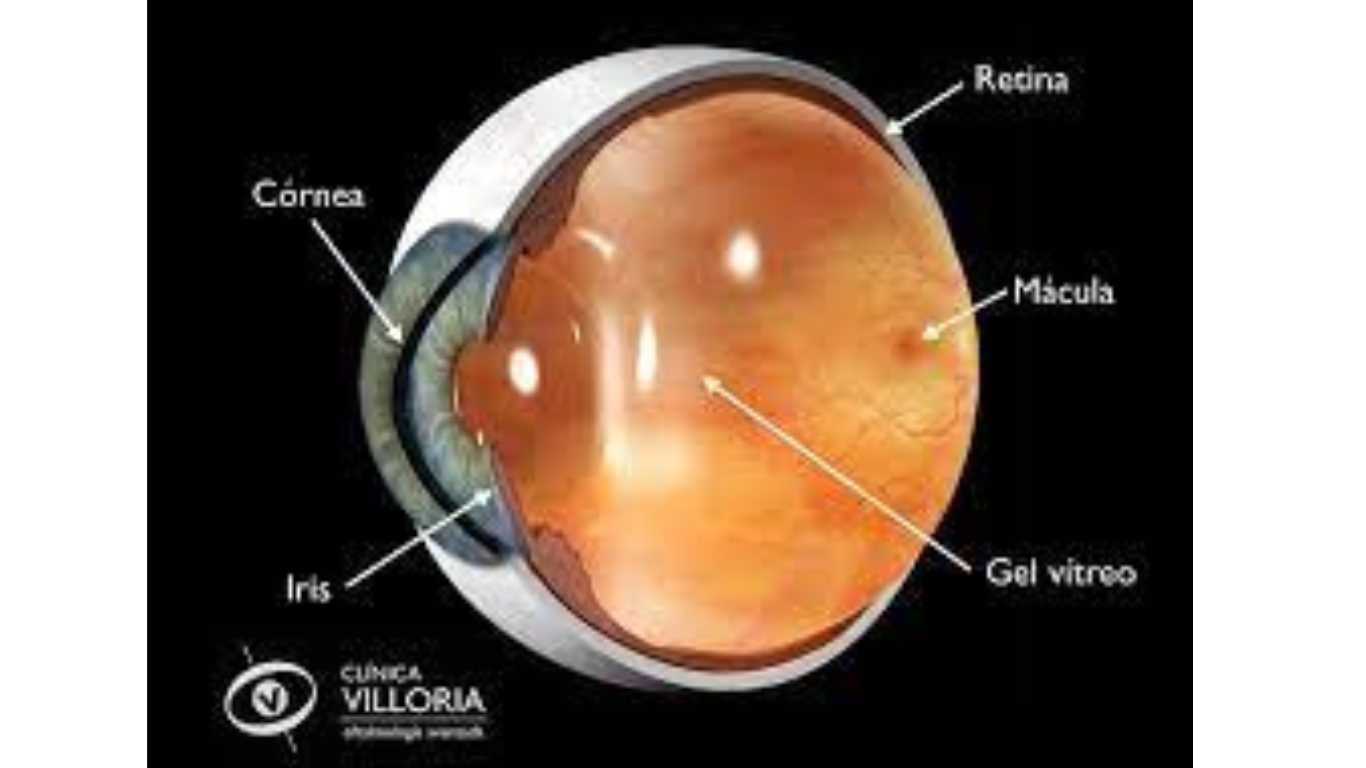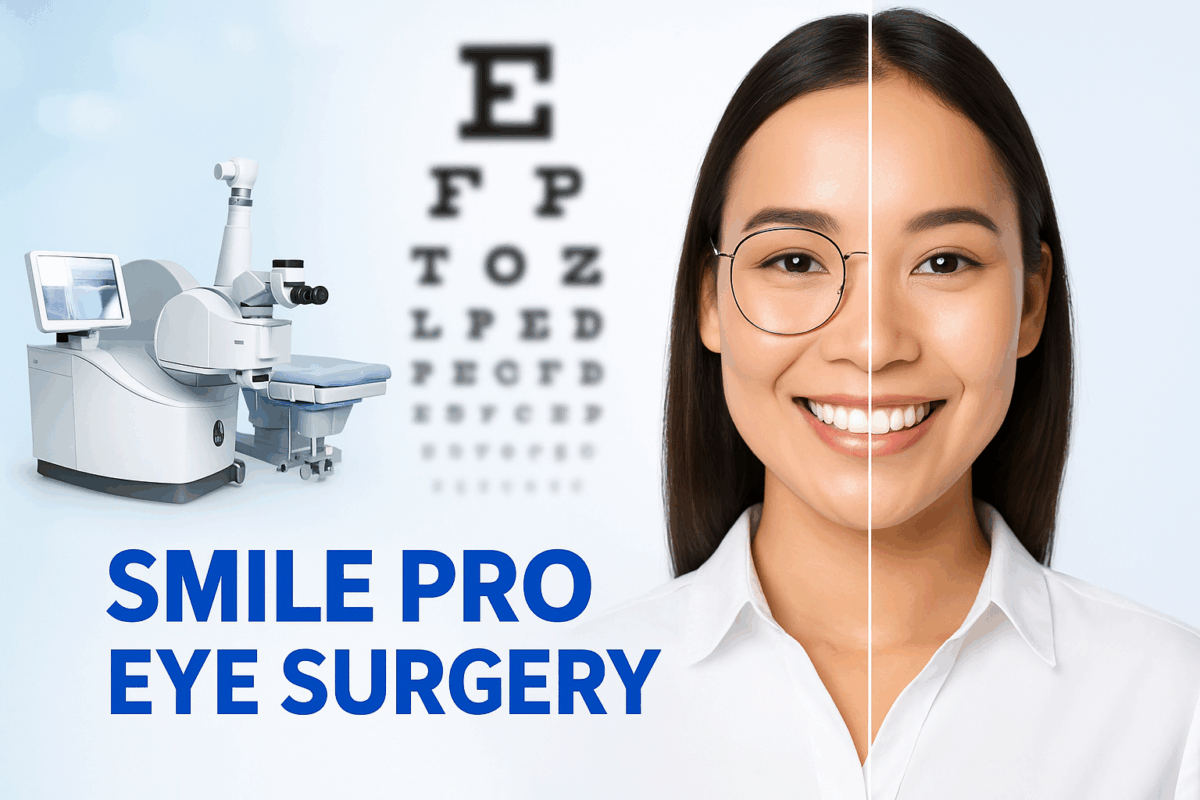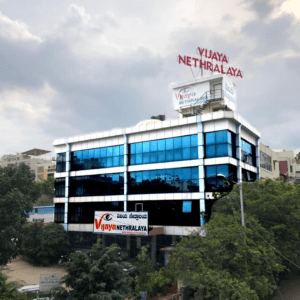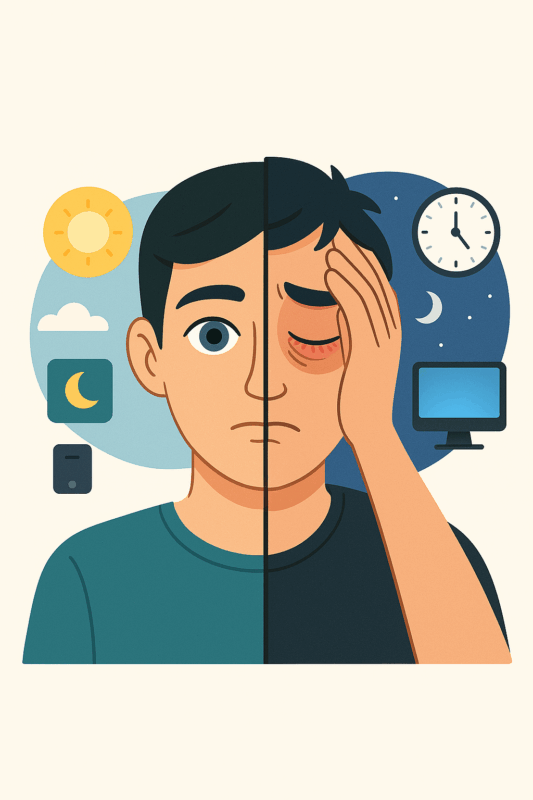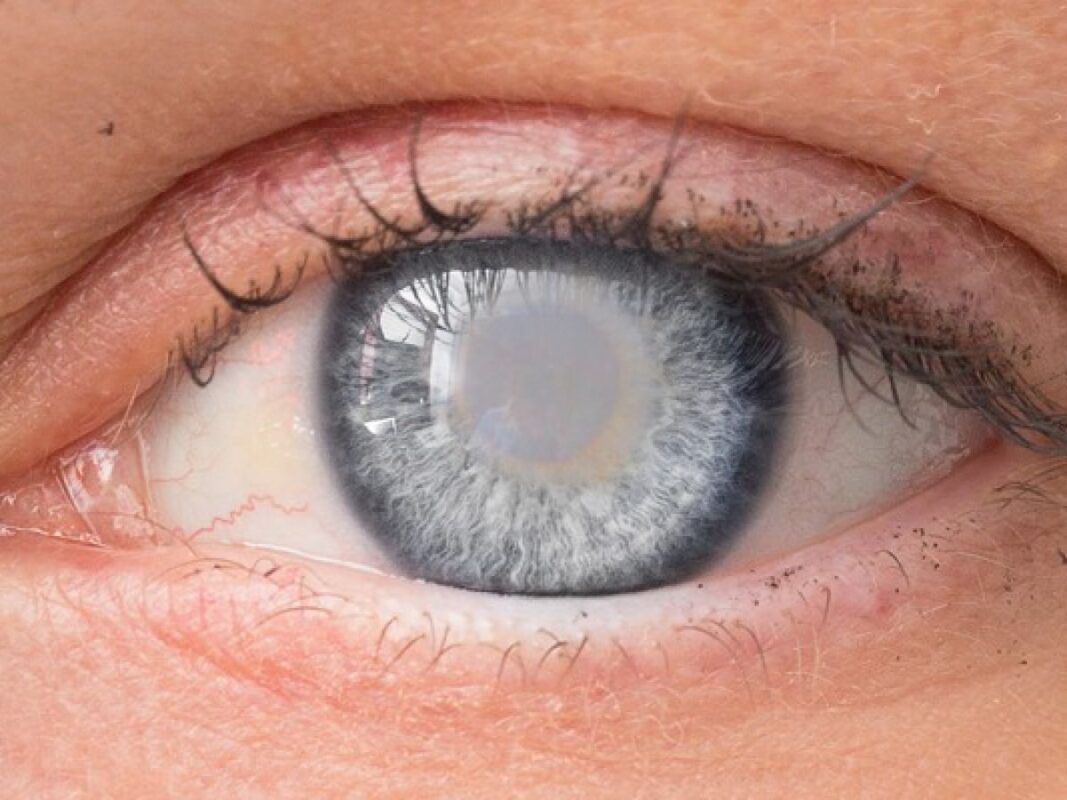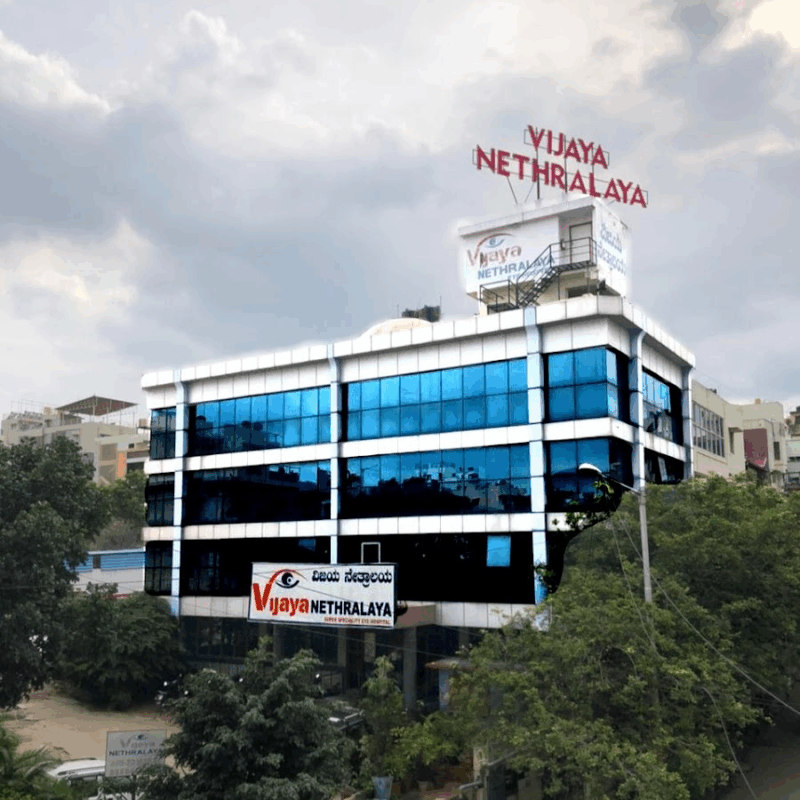Introduction:
The human eye is a marvel of biological engineering; moreover, the vitreoretina is a critical component of this intricate system. This crucial structure is responsible for capturing and transmitting visual information to our brains. Consequently, understanding its structure and functions is essential for maintaining good eye health.
Understanding the Vitreo Retina:
The Anatomy of the Vitreo Retina:
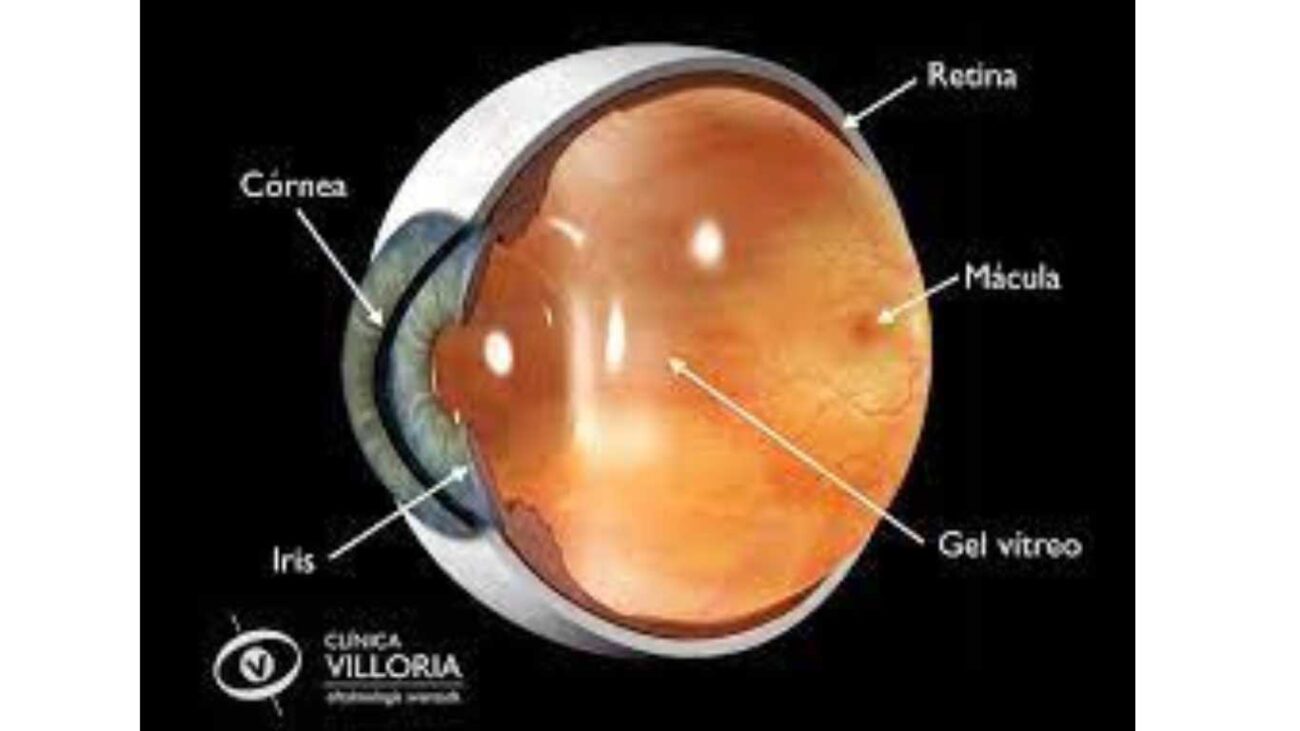
The retina is a thin layer of tissue lining the back of the eye. Additionally, it consists of several layers, each with a specific role in the visual process.
Functions of the Vitreo Retina:
The primary function of the vitreoretina is to convert light into electrical signals that are transmitted to the brain via the optic nerve. As a result, this process allows us to perceive the visual world around us, thus making this indispensable for sight.
Common Vitreoretinal Disorders:
Retinal Detachment
Retinal detachment occurs when the vitreous peels away from its normal position. It’s a medical emergency that can lead to vision loss if not promptly treated.
Macular Degeneration
Macular degeneration is a condition that affects the central part of the vitreo, known as the macula. Consequently, it’s a leading cause of vision impairment in older adults.
Diabetic Retinopathy
OCT is a non-invasive imaging test that provides detailed cross-sectional images of the vitreo retina. Moreover, it’s invaluable for diagnosing and monitoring vitreo retina disorders.
Symptoms of Vitreo Retinal Disorders
Common symptoms of vitreoretinal disorders include blurred vision, flashes of light, floaters, and a curtain-like shadow over the visual field. Therefore, if you experience any of these symptoms, seek immediate medical attention.
Diagnosis and Screening for Vitreo Retina:
Ophthalmoscopy
Ophthalmoscopy is a diagnostic technique in which an ophthalmologist examines the vitreoretina using a specialized instrument called an ophthalmoscope. This procedure allows for a detailed evaluation of the eye’s internal structures, and consequently, it can aid in the diagnosis of various eye conditions.
Optical Coherence Tomography (OCT)
OCT is a non-invasive imaging test that provides detailed cross-sectional images of the vitreo retina. Moreover, it’s invaluable for diagnosing and monitoring vitreoretinal disorders.
Treatment Options for Vitreo Retina:
Laser Therapy in Vitreo Retina:
Laser therapy is often used to treat retinal disorders. This treatment involves using focused laser beams to seal damaged blood vessels or repair retinal tears.
Vitrectomy:
Vitrectomy is a surgical procedure that removes the vitreous gel from the eye to treat conditions like retinal detachment or vitreous hemorrhage.
Preventive Measures for Vitreo Retina:
Regular Eye Check-ups
Regular eye check-ups are essential for early detection of vitreo retina disorders. Early intervention can prevent vision loss.
Healthy Lifestyle Choices
Maintaining a healthy lifestyle, including a balanced diet and regular exercise, can reduce the risk of vitreo retina disorders.
Living with Vitreo Disorders:
Coping Strategies:
Coping with a retinal disorder can be challenging.
Support Groups:
Support groups provide a safe space for individuals with vitreo retina disorders and their families to share experiences and find emotional support.
Innovations:
Advancements in technology and medical research continue to improve the diagnosis and treatment of retinal disorders. Stay informed about the latest developments in eye care.
Author Details:
Dr. Sushruth Appajigowda holds a prominent position as a cornea, cataract, glaucoma, and LASIK surgeon in Bangalore. He serves as the chief cataract and refractive surgeon at Vijaya Nethralaya Eye Hospital, Nagarbhavi, Bangalore. Renowned as one of the finest LASIK surgeons nationwide, he brings with him over 12 years of experience across multiple LASIK platforms, including ZEISS, ALCON, SCHWIND, AMO, and Bausch and Lomb. Having successfully conducted over 5000 LASIK procedures, Dr. Sushruth holds the title of a Certified Refractive Surgeon and a Fellow of the All India Collegium of Ophthalmology. Furthermore, he stands as a distinguished speaker at various national and international forums, using his expertise to guide you in selecting the most suitable procedure based on your health requirements.

http://vijayanethralaya.com/link-in-bio/
Book Your Appointment Now
Conclusion:
The vitreo retina is a remarkable part of our visual system, enabling us to perceive the beauty of the world around us. Taking proactive steps to care for our eyes, such as regular check-ups and a healthy lifestyle, is crucial in preserving our vision.
FAQs:
- What is the vitreoretina, and what is its role in vision? This is a layer of tissue at the back of the eye that converts light into electrical signals, transmitting visual information to the brain. Its role is crucial in enabling us to see.
- How can I prevent vitreo retina disorders? Preventive measures include regular eye check-ups, maintaining a healthy lifestyle, and managing underlying health conditions like diabetes.
- What are the treatment options for retina disorders?Treatment options may include laser therapy, vitrectomy, and medication, depending on the specific disorder and its severity.
- Are vitreo retina disorders hereditary? Some eye disorders may have a genetic component, but not all are hereditary. Regular eye exams can help identify potential issues.
- Can vitreo retina disorders be cured completely? The outcome of treatment varies depending on the disorder and its stage. Early detection and treatment can significantly improve the chances of preserving vision.

